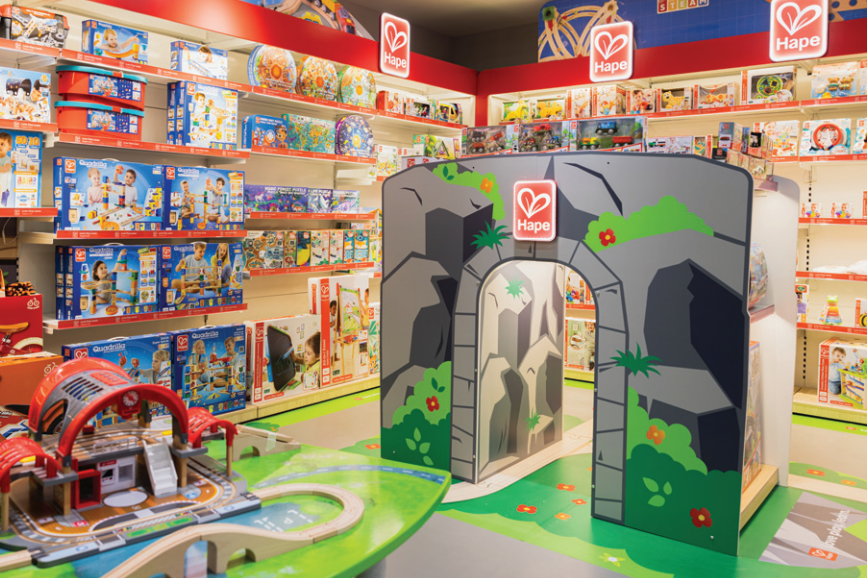In China's Sardinia, an Italian puts down roots

FUZHOU-Of the many islands off the coast of Fujian province, Pingtan is the biggest, with traditional stone houses on its hills and wind turbines turning slowly in the sparkling sea.
This modest beauty has made Pingtan popular with tourists these days, and it has also attracted foreigners seeking a pleasant place to settle down.
One of them is Italian fashion designer, Filippo Strada.
"Pingtan is much like Italy's Sardinia. The rugged landscape, the stone houses, the beaches, hospitable locals-they make me feel like I'm right in Italy," said Strada, who has lived on the island for four years.
Born in Milan, one of the world's fashion capitals, he has a well-developed appreciation of clothes and it was his love of fashion that led him to a career in the industry. Over the past decade, he has pursued his career in China, living in a number of cities, including Shanghai, Xiamen in Fujian and Guangzhou in Guangdong province.
However, as a result of growing business and frequent travel, Strada was away from home a lot. After his daughter was born, he made up his mind to settle down and spend more time with his family.
"That's why we decided to go back to my wife's hometown of Pingtan in 2018," he said.
Strada settled on the island with his family, determined to build a happy home, but he also dreamed of building a successful business to make the most of Pingtan's economic boom, which draws much of its energy from tourism.
In August 2016, the State Council officially approved a plan to turn Pingtan into an international destination.
Over the past six years, tourism has boomed. Around 28.4 million visitors have come to Pingtan, which has raked in 28.2 billion yuan ($4.1 billion) in tourism revenues.
With such sunny prospects, there was plenty of scope for success, and Strada came up with a winning idea: he would capitalize on his heritage to offer goods and services with an authentic Italian flavor.
He now owns a high-end tailor shop, a cafe and an Italian restaurant, which give locals and tourists a taste of the exotic.
"I want every customer to experience real Italian culture, whether in terms of looks or taste," he said. "Simply put, after hearing my advice on how to match clothes, I want them to enjoy a cappuccino and some authentic Italian cuisine."
People in Pingtan are pleased by the addition of a little Italian flavor to their lives. Strada said his neighbors call him Laofei-or "Old Filippo" in English-and they have become good friends.
As for the future, Strada plans to organize Chinese and English-language salons at his restaurant to spread knowledge of Western culture. "I'm willing to do my part to make Pingtan a dynamic and diverse community that is popular around the world," he said.
Xinhua






























